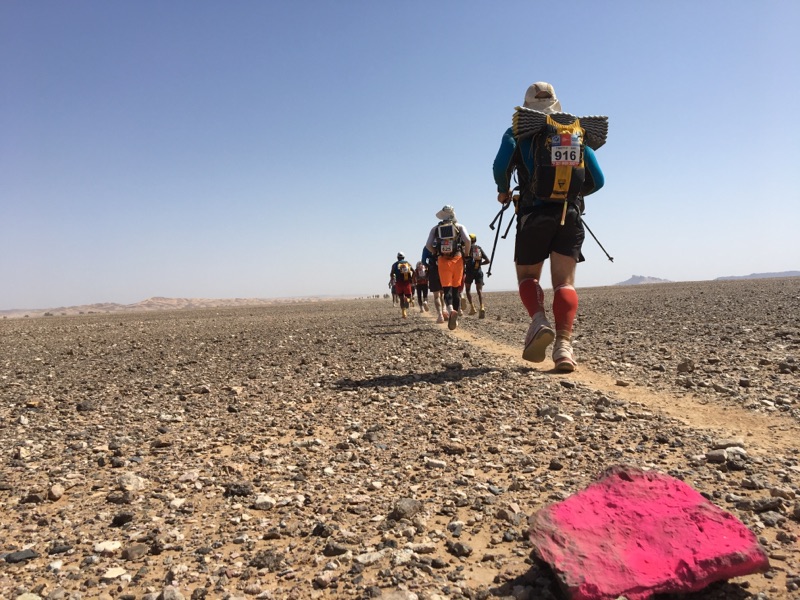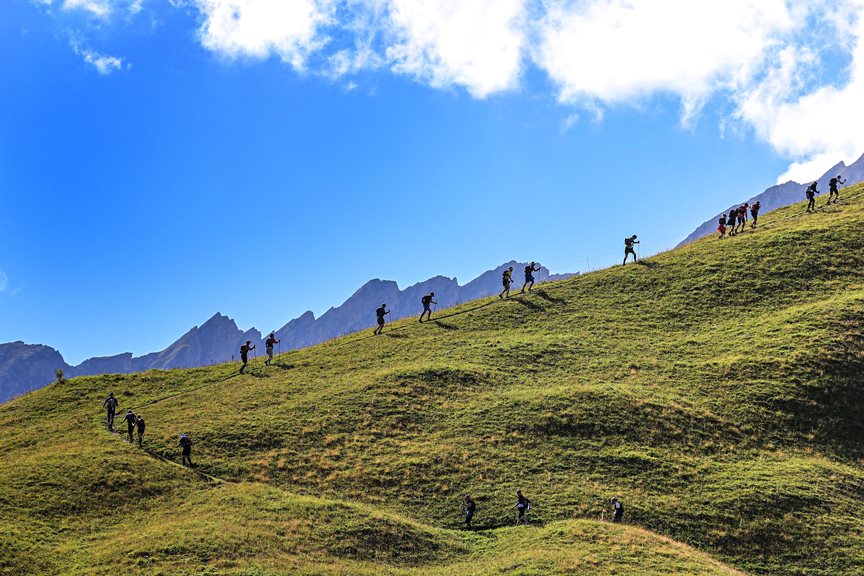Last updated: 19-Aug-15
Written by Sports Dietitian Rin Cobb
Once a staple part of our diets, our daily bread is increasingly being vetoed, all because it contains gluten. Gluten free diets at one time were purely reserved for those with diagnosed Coeliac disease and no-one in their right mind would have chosen to follow such a diet back in the day. Skip forward 10 years and you can now find a whole aisle dedicated to gluten free products so what exactly is gluten and should you be going gluten free?
What is gluten?
I’m always amazed at how many people claim to be intolerant to gluten without even knowing what it is, so quite simply gluten is a protein found in grains such as wheat, barley and rye. It’s what gives bread it’s chewy texture and helps it rise which is why if you’ve tried any gluten free breads or pastas they can seem somewhat different in texture and can require slightly different cooking methods.
Is gluten bad for you?
Coeliac disease is an autoimmune disease caused by intolerance to gluten. This essentially means that when someone with CD eats gluten, his or her immune system responds by damaging the small intestine. This damage is what causes a number of the more obvious symptoms like diarrhoea, stomach pains and cramping, weight loss or nausea and vomiting however if left untreated, the gut won’t be able to absorb all the nutrients from their diet and can lead to iron, B12 or folic acid deficiencies and ultimately anaemia making them very tired, which for some maybe their only symptom.
The important take home message is, if you suffer from any of these symptoms and think gluten may be the culprit, rather than self-diagnosing and trialling a gluten free diet on your own, go and see your GP and be tested first as you need to have gluten in your diet for the tests to be effective. They can also refer you to see a dietician for tailored and credible advice to help manage your symptoms whilst ensuring you’re meeting all your nutritional needs.
Whilst only 1% of the UK population have a diagnosis of Coeliac disease, up to 20% of people think they have an intolerance. If you’re in this camp and have already had CD ruled out, it’s possible you may have a gluten sensitivity, which is where you may have some of the symptoms in response to eating gluten but the immune system is not involved hence why a Coeliac test would come back negative.
Should I go gluten free?
So what’s all the fuss about going gluten free if you don’t have a diagnosis? Well if you’ve ever tried it, it can be a very restrictive diet, as wheat in particular is added to all manner of random foodstuffs for example sausages. Gluten free diets can also be a lot lower in fibre and thus B vitamins and iron, which as runners is a big consideration as anaemia can hamper your training significantly. If you think about the types of foods gluten is mainly found in, it’s your starchy carbohydrates, which again as runners you definitely don’t want to be limiting. Gluten free foods can also be a burden on the wallet so if there is no justifiable reason, why would you unnecessarily spend more of your hard earned pennies?
Some may think it will help their running performance and there are certainly some athletes who have periodically gone gluten free and reported perceived benefits however I would question whether they were actually suffering from undiagnosed CD in the first place. It’s also important to note these are perceived benefits and not measured which may have more to do with the runner feeling like they’re doing something beneficial and there is certainly evidence to show how stress can affect your bowels. Another consideration for runners, if training or racing abroad is the practicalities of a gluten free diet particularly if doing any far-flung ultras as not everywhere is as gluten savvy as the UK or USA.
If you’re considering going gluten free, firstly ask yourself why? Contrary to popular belief, a gluten free diet isn’t healthier than a well balanced one and won’t help you lose weight, naturally if you remove gluten-containing foods and don’t replace them accordingly, you’ll have a significant deficit in calories, which would lead to weight loss, but at the expense of your training. If it’s because you are symptomatic and suspect you have Coeliac disease or gluten sensitivity then your first port of call should really be your doctor to rule these out if nothing else.
For more information go to www.coeliac.org.uk and www.bda.uk.com





